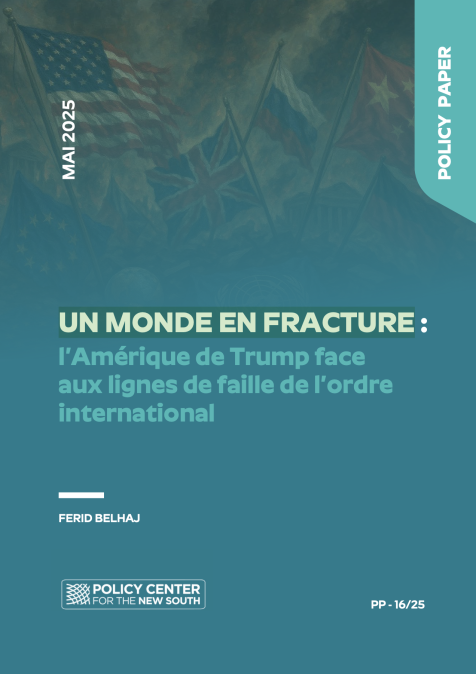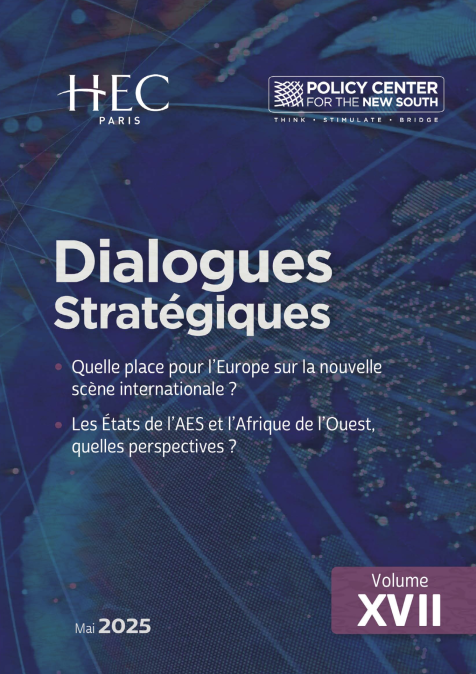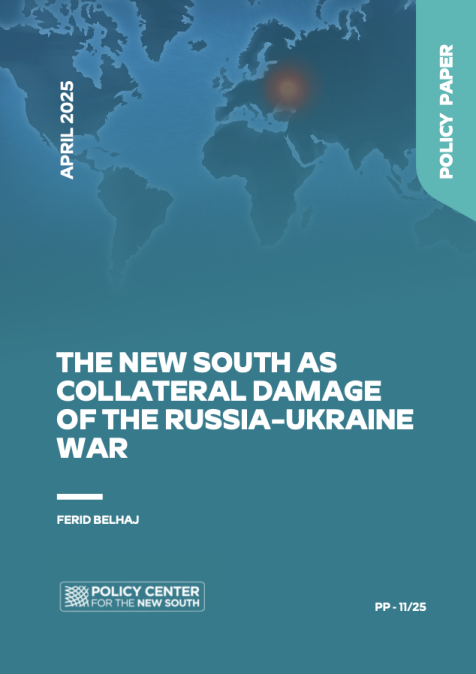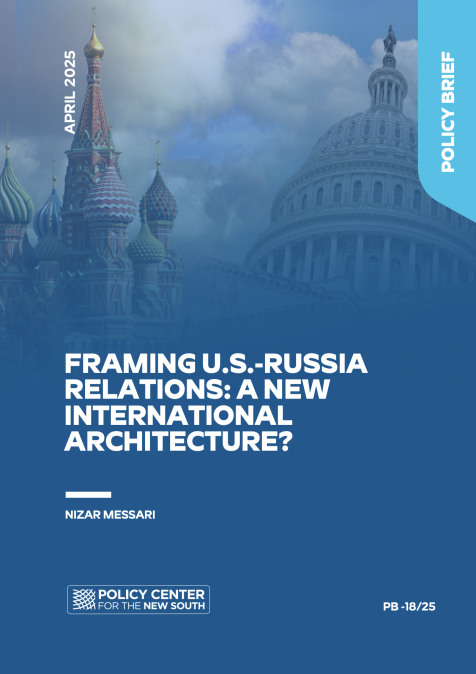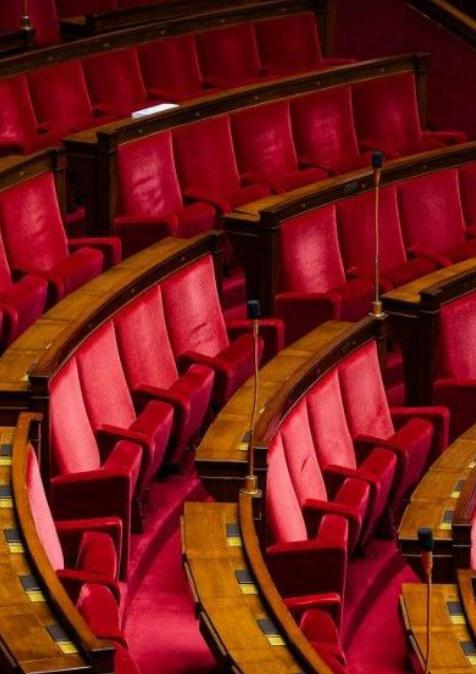Podcasts
La nouvelle stratégie de partenariat UE-Afrique post-Cotonou
Related topics:
L’année 2021 marque le renouvellement d’une stratégie commune entre l’Union européenne et l’Union africaine. Dans un contexte de pandémie mondiale et face aux défis de la transition écologique, l’Union européenne, qui demeure encore le premier partenaire économique et commercial de l’Afrique, a élaboré, un document relatif à sa nouvelle politique africaine intitulé : « vers une stratégie globale avec l’Afrique », qui définit les nouvelles lignes directrices de la politique africaine de l’UE post Cotonou, dans la perspective de repenser le futur des relations euro-africaines. Ses lignes devraient servir de base aux négociations pour le sommet UE-Afrique, qui doit avoir lieu plus tard durant l’année en cours, dans un contexte géopolitique caractérisé par un regain d’influence européen sur le continent, alors que de nombreuses puissances, aussi bien mondiales qu’émergentes, courtisent ouvertement l’Afrique, afin de conquérir ses marchés très promoteurs.



